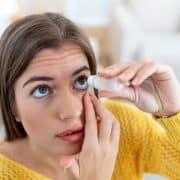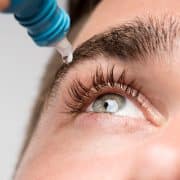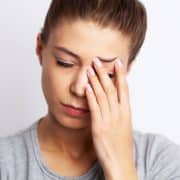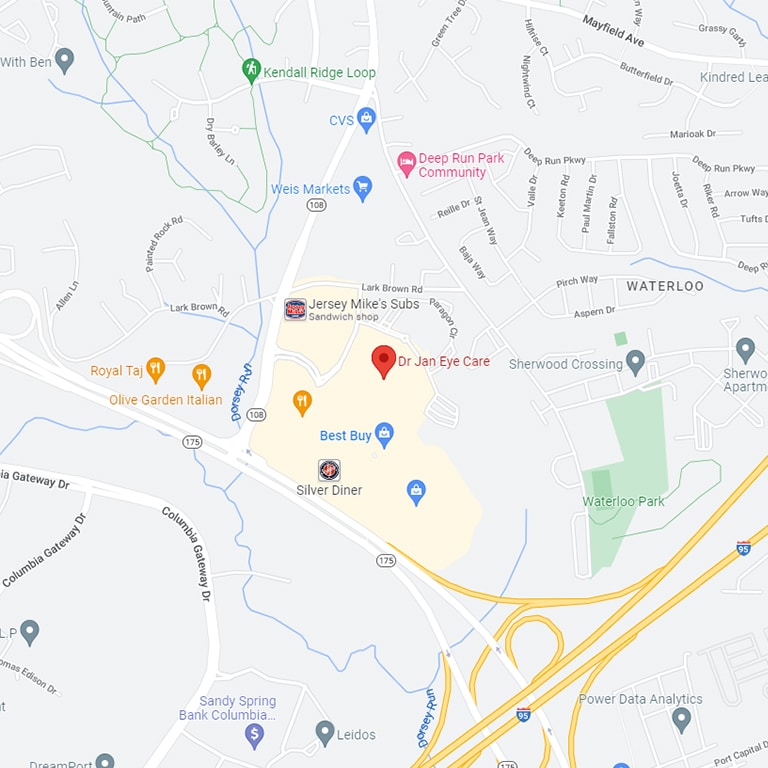Protecting Dry Eyes During the Winter Months
Winter can be especially tough on your eyes, particularly if you suffer from dry eye syndrome in Elkridge, MD. Cold temperatures, wind and even indoor heating can all contribute to making your already dry eyes feel more dry, irritated and uncomfortable than ever. Here are some things to keep in mind for protecting dry eyes during the winter months.
Cold, Dry Air
Cold outdoor air holds less moisture than warmer air, which can cause your eyes to lose hydration faster. The combination of low humidity and cold winds can quickly evaporate the natural tear film that protects your eyes, leaving them vulnerable to dryness and discomfort. Wear sunglasses or other protective eyewear, especially when doing fun outdoor activities like shoveling snow—just kidding—like sledding!
Indoor Heating
Indoor heating can strip moisture from the air, contributing to a dry environment inside your home or office that can makes things uncomfortable for you. Dry air—even inside—can exacerbate symptoms of dry eye, leading to itching, burning and a gritty sensation in the eyes. Try lowering the indoor temperature by a few degrees, and consider adding warmth with sweaters or a nice cup of Chamomile tea!
Use a Humidifier
A humidifier can help replenish the moisture in the air, making it easier to maintain hydration in your eyes. Keeping humidity levels in check can significantly reduce dry eye symptoms, and— bonus—it will reduce that unpleasant static electricity shock you get so often in winter when the air lacks moisture!
Protect Your Eyes from the Wind
Wearing wraparound sunglasses or goggles when you’re outside can shield your eyes from the wind, keeping them moist and comfortable. Note: This is also a good excuse to get out of doing outdoor winter chores!
Stay Hydrated
Drinking plenty of water is essential for maintaining your body’s hydration, including your eyes. Make sure you drink plenty of water each day to help your eyes produce enough natural tears to stay lubricated. Unfortunately, tea, coffee and hot toddys don’t count, since caffeine and alcohol are dehydrating.
Don’t ignore the symptoms of dry eyes if it becomes problematic. If dry eye persists, contact your Elkridge, MD optometrist for a consultation.








